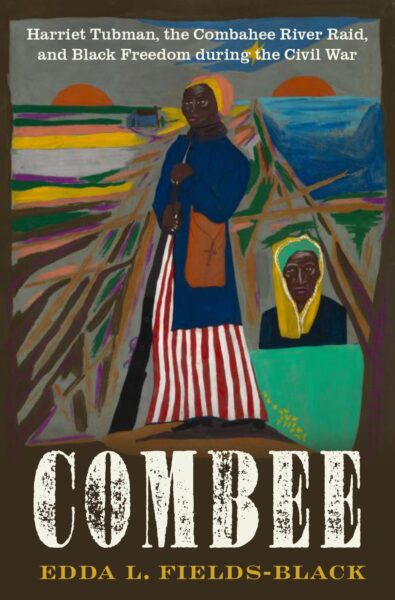
Blog

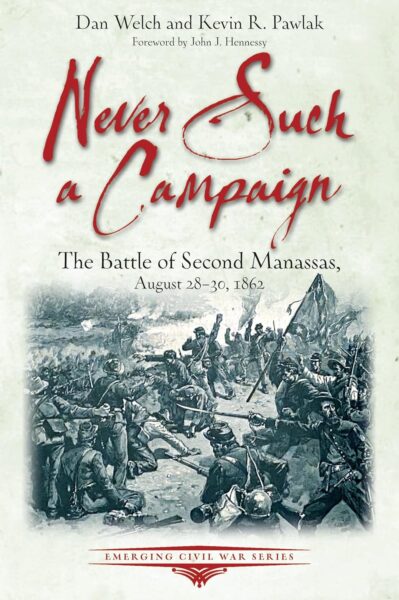
Published: 4/24/24
WELCH & PAWLAK: Never Such a Campaign (2024)
"Never Such a Campaign" is an ideal introduction to Second Manassas for any reader not yet familiar with this often-overlooked battle.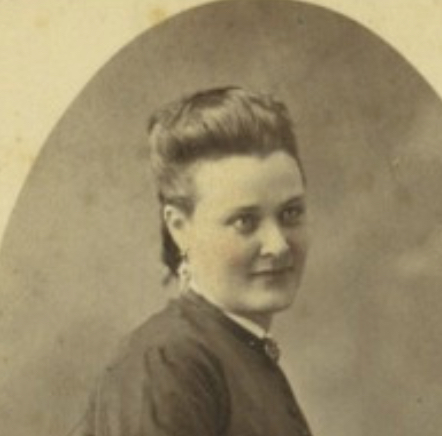
Published: 4/22/24
War Poems of “Howard Glyndon”
In 1864, 25-year-old Maryland native Laura Catherine Redden published her first book of poetry, Idyls of Battle, and Poems of the Rebellion. Redden, who had lost her hearing at age...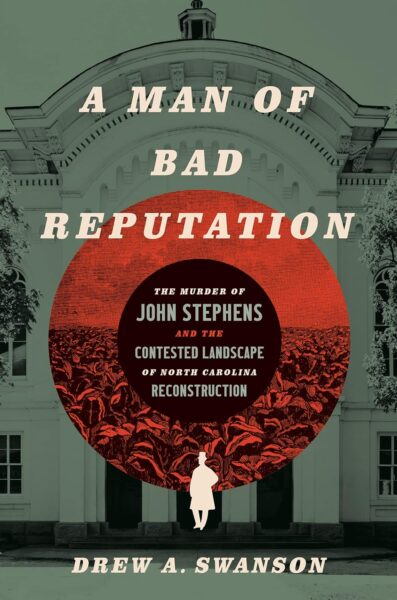
Published: 4/17/24
SWANSON: A Man of Bad Reputation (2023)
Drew A. Swanson's "A Man of Bad Reputation" attempts to unravel the contested history of Reconstruction North Carolina.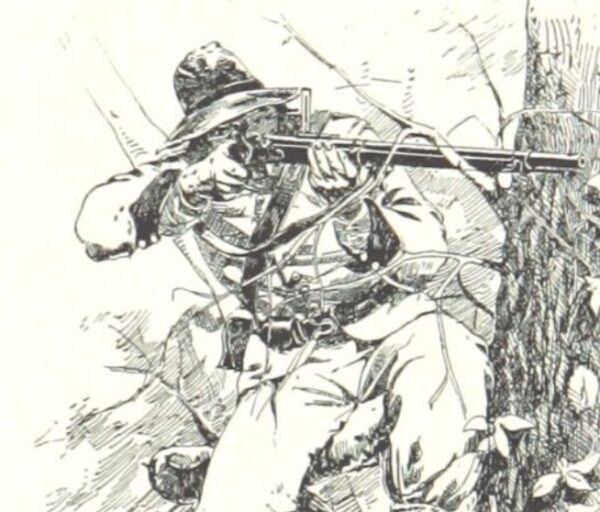
Published: 4/15/24
The Myth of the Civil War Sniper
What do Union generals John Reynolds, William Sanders, Stephen Weed, and John Sedgwick have in common? According to traditional historiography, each man was killed by a sharpshooter who targeted him,...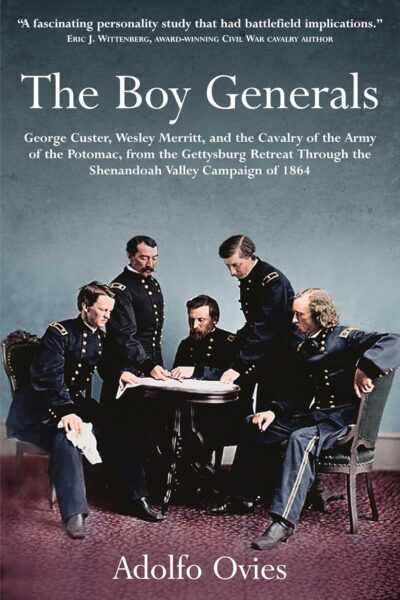
Published: 4/10/24
OVIES: The Boy Generals (2023)
Adolfo Ovies's fine study will appeal widely to those interested in Merritt, Custer, and all things related to the Union cavalry.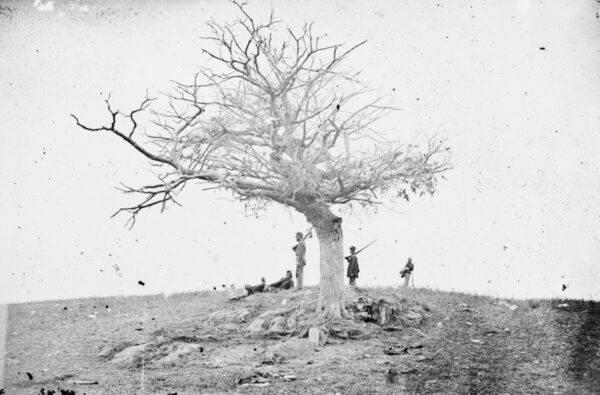
Published: 4/8/24
Extra Voices: Losing Comrades
In the Voices section of our Winter 2023 issue we highlighted quotes by Union and Confederate soldiers about the loss of a comrade. Unfortunately, we didn’t have room to include all that we found. Below are those that just missed the cut.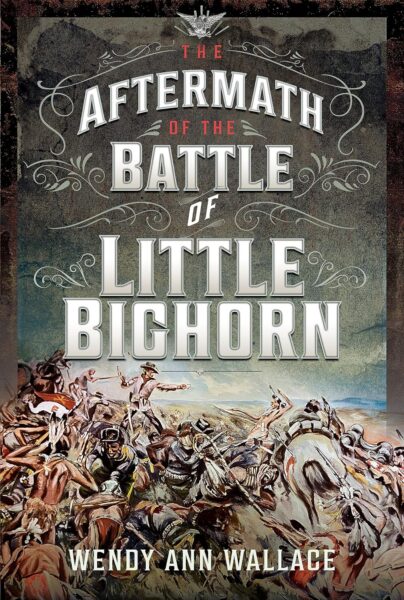
Published: 4/3/24
WALLACE: The Aftermath of the Battle of Little Bighorn
This is the second installment of author Wendy Ann Wallace’s multivolume, “iconoclast” history of George Armstrong Custer and the Battle of the Little Bighorn.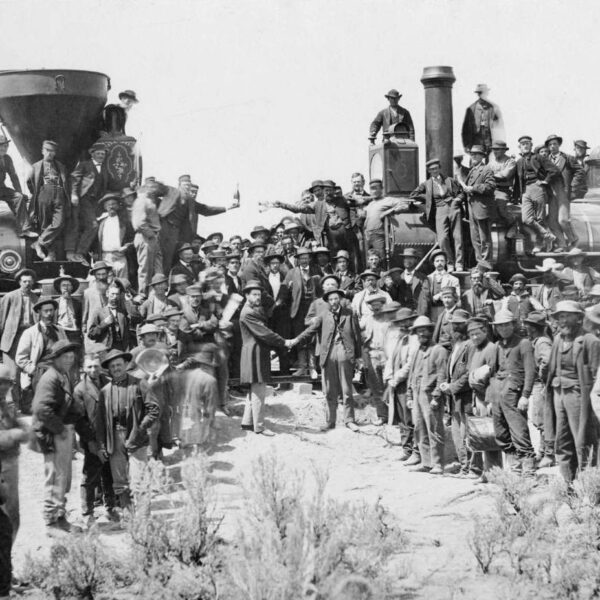
Published: 4/1/24
Lincoln’s Imagined West
In the midst of World War II, T.S. Eliot finished a series of poems that were collected in 1943 as Four Quartets. A prominent theme in the last poem, “Little Gidding,” is time and the place of humanity in history. In the penultimate stanza Eliot attests that “to make an end is to make a beginning.